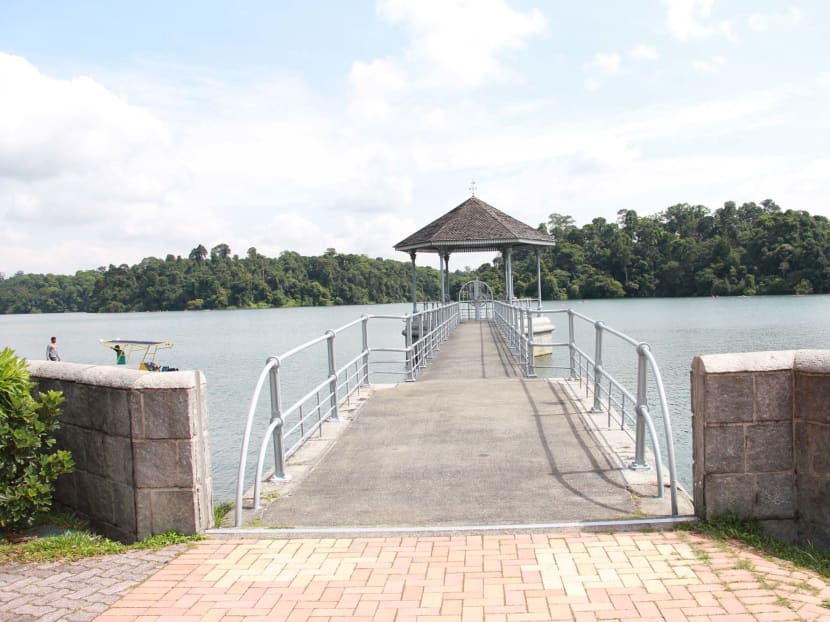What price will Singapore pay to balance progress, conservation?
I refer to “No substitute for ‘natural monuments’ at MacRitchie” and “Preservation of primary forests should not be main concern” (Feb 16). In time, as Singapore’s population grows on this little island-nation, land scarcity will reach a point so critical that we will eventually have to look at all land available to us, including the catchment areas where most of our forests are found.

MacRitchie Reservoir. Singapore may face overcrowding on a scale not seen throughout much of the world, for the sake of keeping nature alive. TODAY file photo
I refer to “No substitute for ‘natural monuments’ at MacRitchie” and “Preservation of primary forests should not be main concern” (Feb 16). In time, as Singapore’s population grows on this little island-nation, land scarcity will reach a point so critical that we will eventually have to look at all land available to us, including the catchment areas where most of our forests are found.
If we do not, we may face overcrowding on a scale not seen throughout much of the world, for the sake of keeping nature alive.
Singapore’s progress, perhaps one of the most rapid in the world, in one of the smallest areas in the world, creates a tremendous strain in terms of infrastructure development, from industrial estates to housing and transport, and keeping the people moving and happy at the same time. This is a juggling act, not helped by the scarcity of land and resources. What has been achieved in the political, economic and social spheres here is remarkable.
But sustaining this balance over the next 50 years is a greater challenge, given the competition for labour, resources and land.
Will watchwords such as preservation and conservation resound as much when we are faced with the need to grow this country even further and higher, and to meet the people’s needs at the same time? Achieving a balance between the two agendas will become increasingly difficult.
Tough and unpopular choices may lie ahead. Perhaps in some areas a compromise could be reached, but at what price? This is the question that bears asking.






